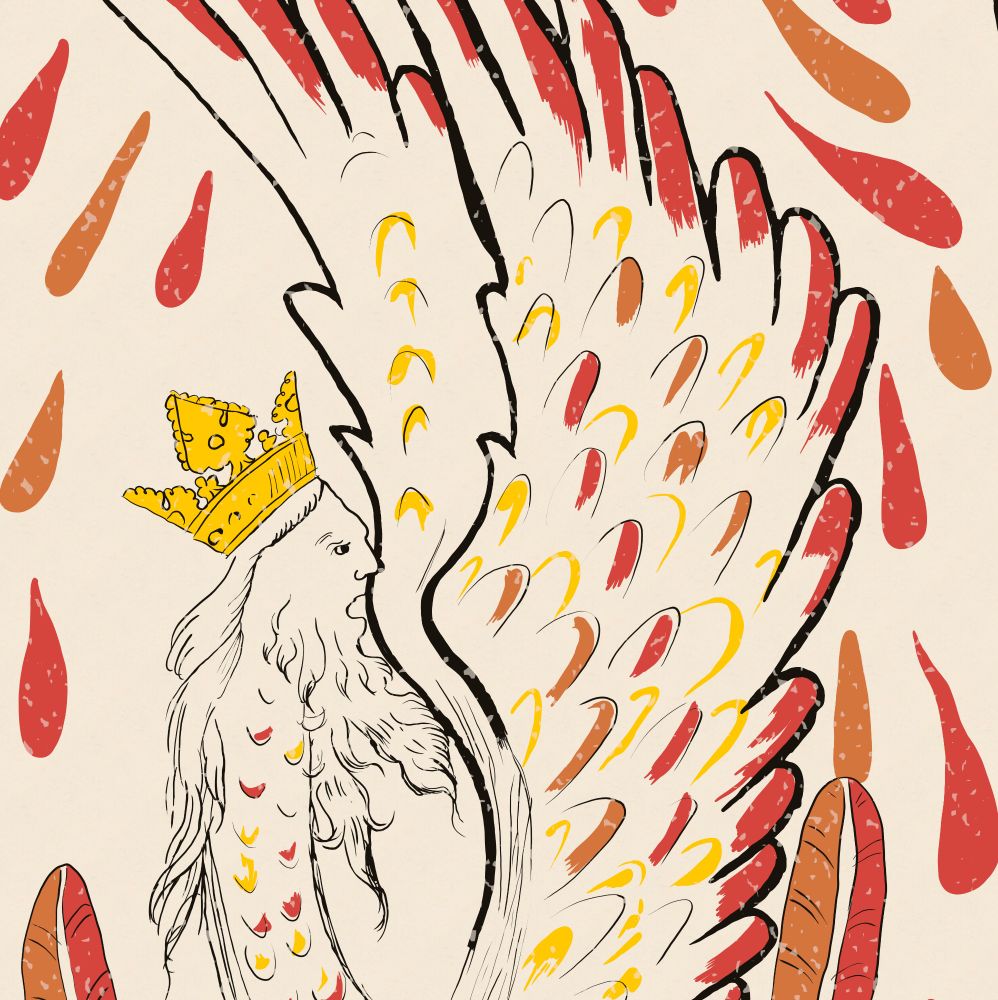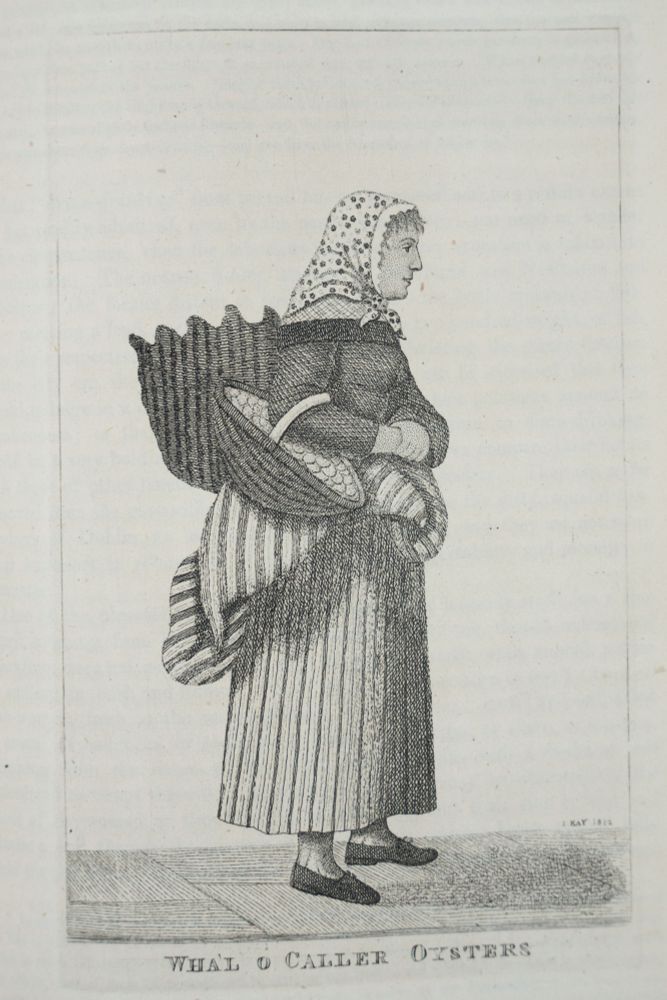
Sign up to our newsletter www.rcpe.ac.uk/newsletter
Listen now 👉 www.rcpe.ac.uk/heritage/ele...

Listen now 👉 www.rcpe.ac.uk/heritage/ele...
Read more 👉 www.rcpe.ac.uk/heritage/her...

Read more 👉 www.rcpe.ac.uk/heritage/her...
Find out more in Hooked www.rcpe.ac.uk/heritage/hoo...

Find out more in Hooked www.rcpe.ac.uk/heritage/hoo...


This week, we’re talking about a 1600s book called Erotomania, which explores the addictive nature of unrequited love.
Listen now 👉 www.rcpe.ac.uk/heritage/ero...

This week, we’re talking about a 1600s book called Erotomania, which explores the addictive nature of unrequited love.
Listen now 👉 www.rcpe.ac.uk/heritage/ero...
archive.org/details/b216...
![Handwritten recipe. Reads: A wine against melancholy. Take a pottle of white wine, of sage of [?] & warts-tongue of either one a close hand full. Rosemary as much as of the other then give all a boile on a soft fyre. Then put therin a pinte of spring well water & strain it after you think that a pinte is spent in boyling of the wine. Take a good beer glasse full in the morning at 4 of the clock (afternoon) & last at night](https://cdn.bsky.app/img/feed_thumbnail/plain/did:plc:u7skop32os5u2x5ntrcbn5vc/bafkreidd7r2qnj6vrf7s6jysniw7zoijs2tacg5fnq6t5jd6hq6oyinbku@jpeg)
archive.org/details/b216...
Be one of the first to check out our alchemical scroll, examine medicines from the Battle of Culloden and try out our family-friendly puzzles and activities.
Find out more 👉 www.rcpe.ac.uk/heritage/joy...

Be one of the first to check out our alchemical scroll, examine medicines from the Battle of Culloden and try out our family-friendly puzzles and activities.
Find out more 👉 www.rcpe.ac.uk/heritage/joy...

Find out more in Hooked www.rcpe.ac.uk/heritage/hoo...

Find out more in Hooked www.rcpe.ac.uk/heritage/hoo...
Very excited to see our new public gallery taking shape.
Opening on 3rd November and free entry - see you there!
Find out more 👉 www.rcpe.ac.uk/heritage/joy...


Very excited to see our new public gallery taking shape.
Opening on 3rd November and free entry - see you there!
Find out more 👉 www.rcpe.ac.uk/heritage/joy...
‘now, tis by every sort And Sex adorned,
But ask a Wench how Oysters sell?
If nice, She begs a pinch before she sets a price’
Find out more in our exhibition www.rcpe.ac.uk/heritage/hoo...

‘now, tis by every sort And Sex adorned,
But ask a Wench how Oysters sell?
If nice, She begs a pinch before she sets a price’
Find out more in our exhibition www.rcpe.ac.uk/heritage/hoo...


Join us to explore stories from medicine – from alchemy to straitjackets, along with family-friendly activities and puzzles.
Find out more 👉 www.rcpe.ac.uk/heritage/joy...

Join us to explore stories from medicine – from alchemy to straitjackets, along with family-friendly activities and puzzles.
Find out more 👉 www.rcpe.ac.uk/heritage/joy...






Anti-tea and coffee spokespersons had once decried those drinks as creating ‘tea mania’ and ‘coffee drunkards’. But by 1920 the Temperance Movement was advocating for more coffee shops and tearooms as an alternative to pubs.
👉 www.rcpe.ac.uk/heritage/her...

Anti-tea and coffee spokespersons had once decried those drinks as creating ‘tea mania’ and ‘coffee drunkards’. But by 1920 the Temperance Movement was advocating for more coffee shops and tearooms as an alternative to pubs.
👉 www.rcpe.ac.uk/heritage/her...
Find out more about the history of tea in our exhibition ‘Hooked’ www.rcpe.ac.uk/heritage/hoo...

Find out more about the history of tea in our exhibition ‘Hooked’ www.rcpe.ac.uk/heritage/hoo...



